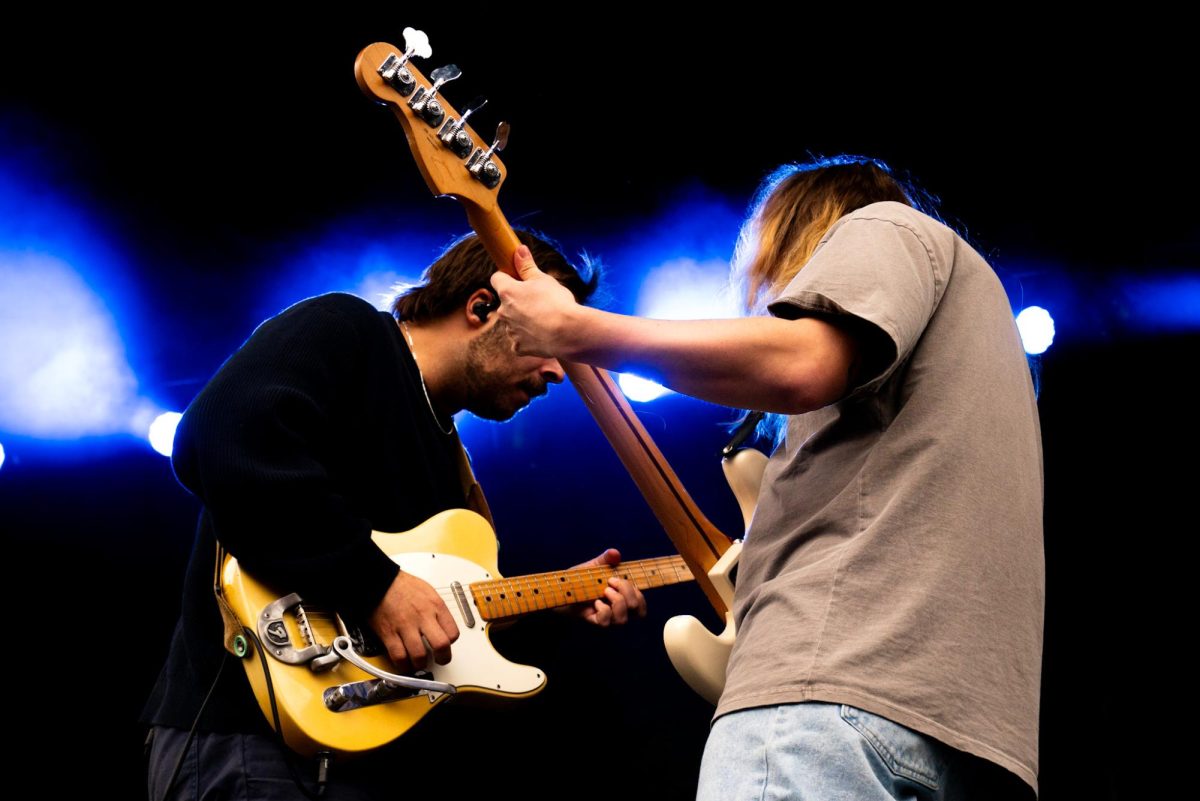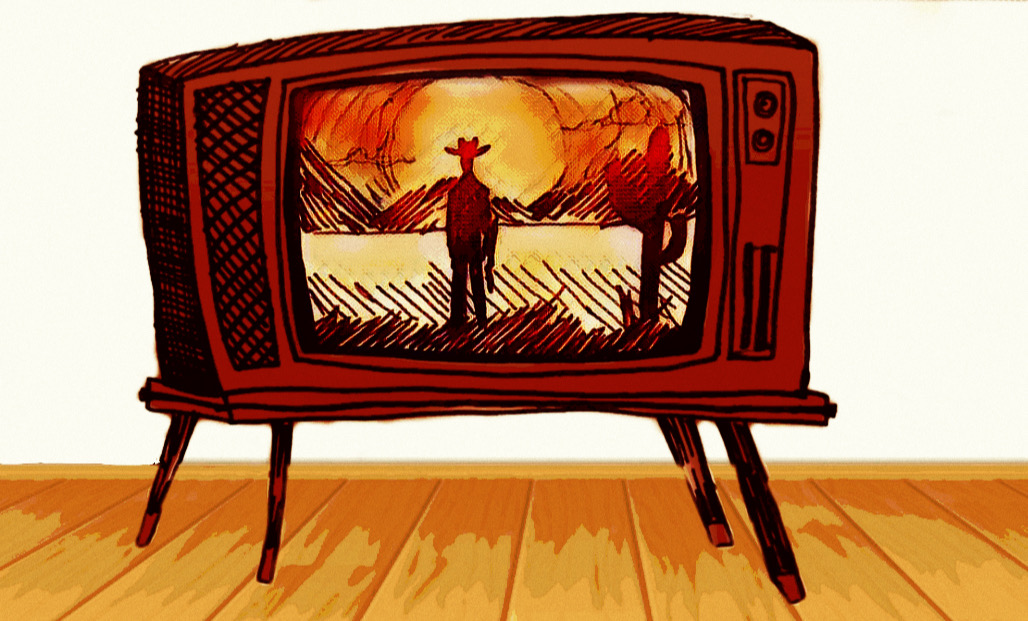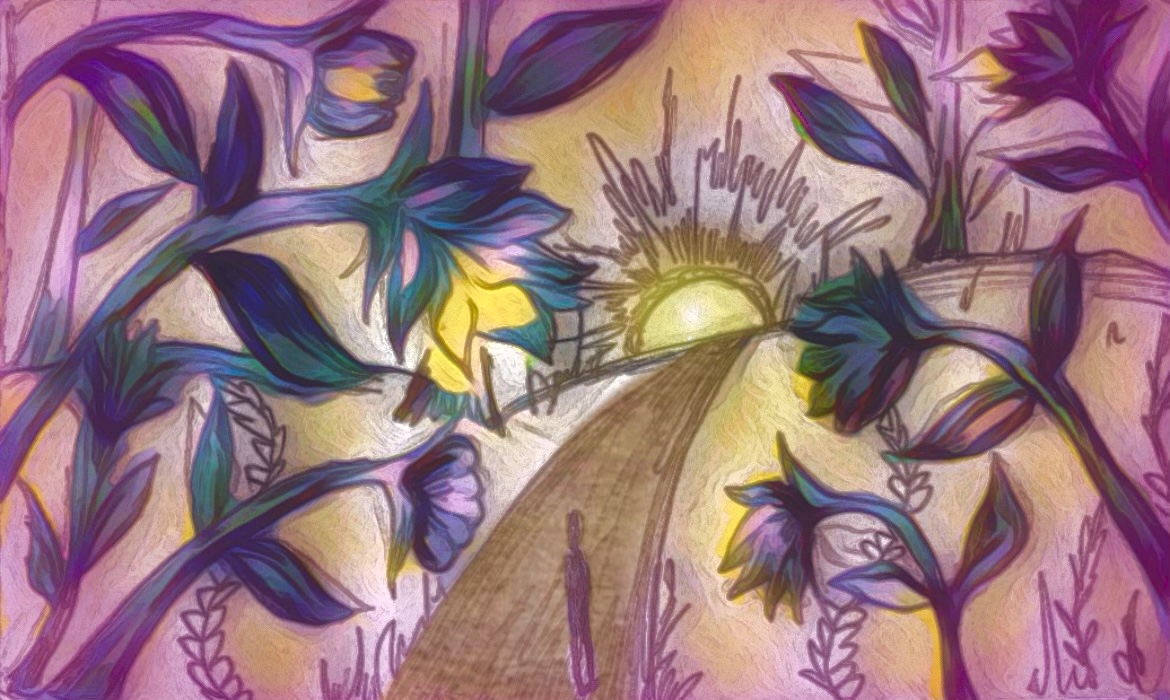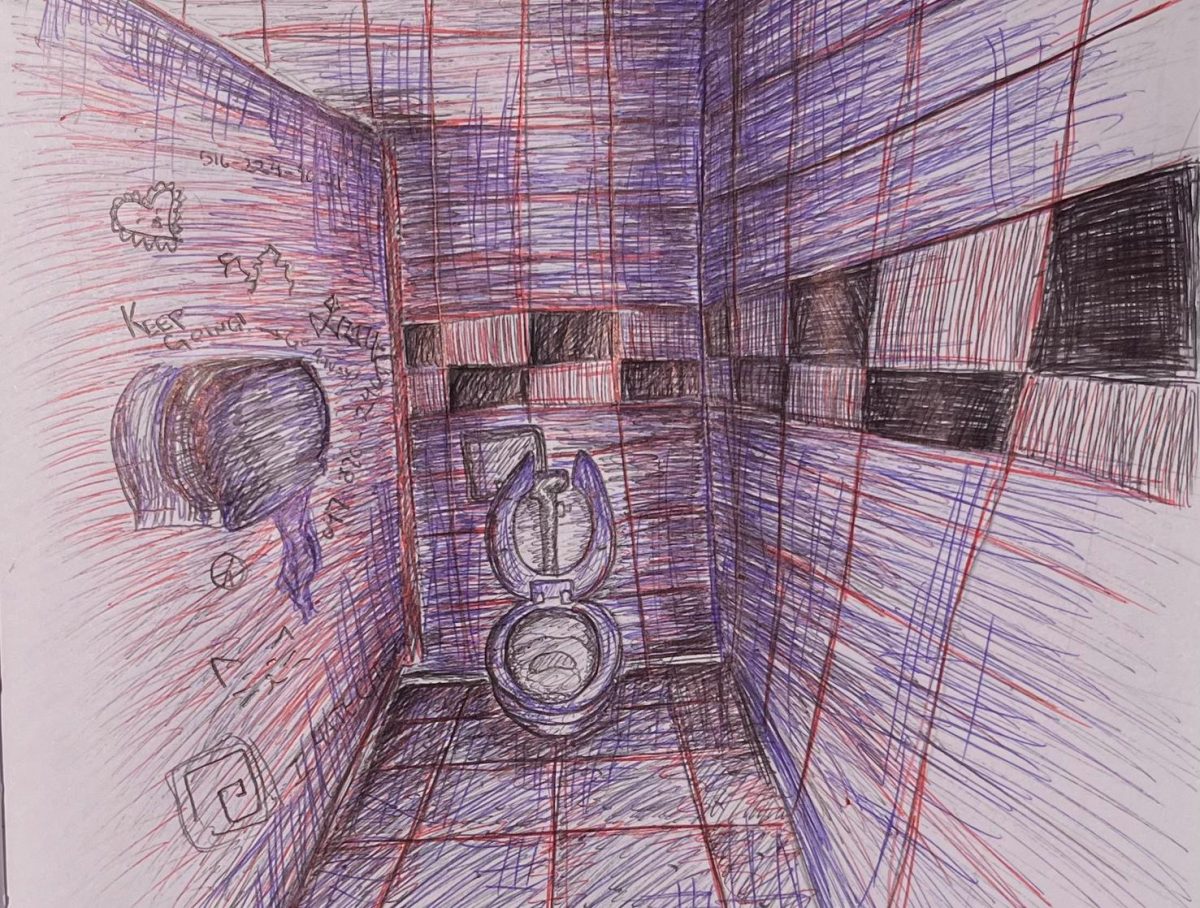One hundred and fifty years after Claude Debussys birth, musicians and audiences are still captivated by the composers brilliant and innovative body of work.In celebration of Debussys immense impact on the modern era, the Music and Literature Series is hosting a concert in the Music Building Recital Hall on Thursday, Nov. 1 at 7:30 p.m., free of charge.The program will include three of Debussys last sonatas, along with a variety of other works for the piano, violin, viola, cello, harp and flute.The Vermont Cynic had the chance to speak with two of the concert organizers, pianist and UVM affiliate artist Paul Orgel and professor Tom Simone. Orgel is the featured pianist on the program.The Vermont Cynic: What makes Claude Debussy a critical figure in the transition to the modern era in the Western music tradition?Paul Orgel: Debussy was one of the most original composers in music history. His music is understated, highly refined and colorful, humorous and never pompous or perfunctory.VC: How does this program highlight Debussys immense impact on modern music?PO: The program presents a cross section of Debussys music, featuring three important late works and several other pieces with shared references to classical Greece. VC: How does Erik Saties piano composition Gymnopdie No. 1 serve as an introduction for the rest of the program?PO: Satie was an eccentric, primitive composer whose unusual use of harmony had a big influence on Debussy. Both composers broke many established rules of composition with their use of parallel chords, non-functional harmonic progressions and melodies based on modes and the pentatonic scale, rather than major and minor. VC: What kind of innovations can we hear in Debussys music that had not been implemented up until his time? What should the audience be listening for?PO: Debussy, and French music in general, takes great pleasure in sound for its own sake, in the timbres of flute and harp, instruments not heard in chamber music before the 20th century, as well as the more standard violin, viola and cello all used with extreme ingenuity and exploitation of color. His piano writing creates atmosphere with extreme delicacy, imaginative use of the pedal, new textures and lots of rhythmic variety.VC: What are some of the parallels between Debussys innovative musical style and the literature of the modern era?Tom Simone: We are reading Prousts Swanns Way, the beginning of one of the masterpieces of literary modernism, in my Dawn of Modernism course. Prousts biographer William Carter speculates that Proust saw his advances in literature as complementary to those of Debussy in music. Where Debussy extends harmony, rhythm and texture to new dimensions in music, Proust follows new paths of reflection, artistic nuance and psychological detail in his literary world. Proust knew Debussy and admired his music deeply.VC: The three Sonatas on the program are among Debussys final compositions; they were all composed within three years of the composers death. How do these works compare to his early chamber music compositions?PO: In 1915, during World War I, Debussy planned a project of composing six sonatas for diverse instruments. He only lived to finish three, and I think it will be an unusual treat to hear them together on one concert. They represent the start of a new style for Debussy, less impressionistic and more precise, with a kind of concision and clarity that looks back to the French baroque composers Rameau and Couperin. Debussy invents his own musical forms in these sonatas, and the exotic influence of Spanish music beloved of French composers can be heard in each of them. VC: How does the juxtaposition of music and literature give us a heightened appreciation of the arts as listeners and readers?TS: As Proust portrays so elegantly in Swanns Way, music offers a beauty and a haunting power that language often tries to capture. While music often presents beauty and emotion in ways that complement written language, the novelist or poet often tries to evoke and include a sense of auditory as well as conceptual suggestion that is inspired by music. As readers and listeners, the achievements of literature and music supplement and inform each other.











